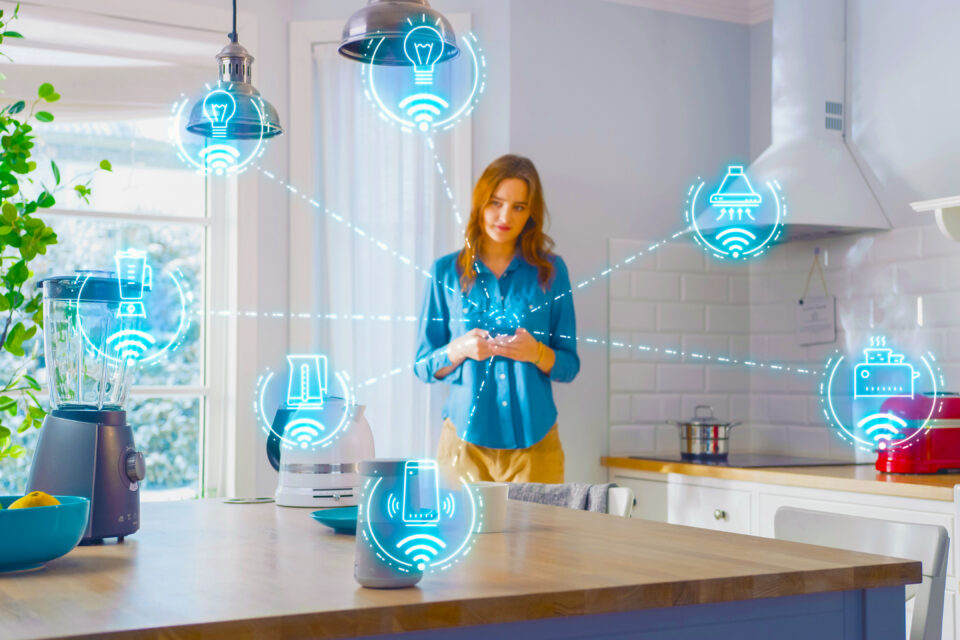How an Explosion of ‘smart’ Devices is Threatening US Households — and National Security; Are Smart Home Devices Spying On Us? A New Study Says Yes; Americans Have the “right to know if their air fryer is spying on them,” Expressed Ted Cruz in a Fiery Speech
How an explosion of ‘smart’ devices is threatening US households — and national security:
US homes and infrastructure are increasingly outfitted with Internet-connected “smart” devices that are vulnerable to hackers — and lawmakers claim beefed-up security standards will be necessary to address growing threats from criminals and hostile governments alike.
Public fears about cybersecurity were stoked by ransomware attacks on the Colonial Pipeline and meat producer JBS in 2021, as well as federal warnings of foreign attacks on the US power grid. Closer to home, hackers have used Ring cameras to spy on kids and even lure them into creepy conversations.
Rep. Mike Gallagher (R-Wis.), chairman of the House Select Committee on China, is among a growing group of policymakers focused on so-called “Internet of Things,” or IoT devices, which generally are understood as non-computer devices with a web connection.
Examples range from smart TVs, wearable fitness trackers, doorbell cameras, and thermostats to control systems for factories and power plants. A key cause for worry, according to the congressman, is the fast-growing use of Chinese-made cellular modules that allow smart devices to connect to the Internet.
It sounds like science fiction, but with widespread control of those modules, China could steal US data or remotely shut down critical infrastructure in a conflict scenario, according to concerned lawmakers. Hackers could crank up AC units en masse to cause power brownouts, or take control of self-driving cars or even medical devices like pacemakers – as former Vice President Dick Cheney once feared.
In a statement to The Post, Gallagher said “modules sourced from [People’s Republic of China] companies like Quectel pose a security risk in any US technology, but especially in government hardware, critical infrastructure, and life-saving first response systems.
“Using these modules may create a backdoor for malign Chinese government actors to access and potentially cripple our devices,” Gallagher added. “It’s just common sense: American critical infrastructure must not be dependent upon CCP technology.” —>READ MORE HERE
Are smart home devices spying on us? A new study says yes:
In the age of technology, where convenience often trumps other considerations, smart home devices have surged in popularity. These devices, from speakers to washing machines, promise reliable connectivity and ease of use.
However, recent investigations have unearthed unsettling information regarding data collection practices that could pose significant privacy risks for users.
Personal data collection
Consumer advocate group Which? recently embarked on an in-depth investigation into the extent of personal data collection by these smart devices.
The findings reveal that companies frequently amass more data than necessary for the device’s function, leading to mounting concerns over why such intensive data collection is even required.
Smart speakers
The study revealed that smart speakers, notably from manufacturers like Bose, were actively sharing user data with Meta, Facebook’s parent company.
Notably, the volume of data shared appears to differ based on the user’s device – Android or iOS. For instance, Google Nest products were discovered to request contacts and location details from Android users, yet refrained from such requests for Apple iOS users.
More than you bargained for —>READ MORE HERE
FOLLOW LINK BELOW TO A RELEVANT STORY:








Comments are closed.